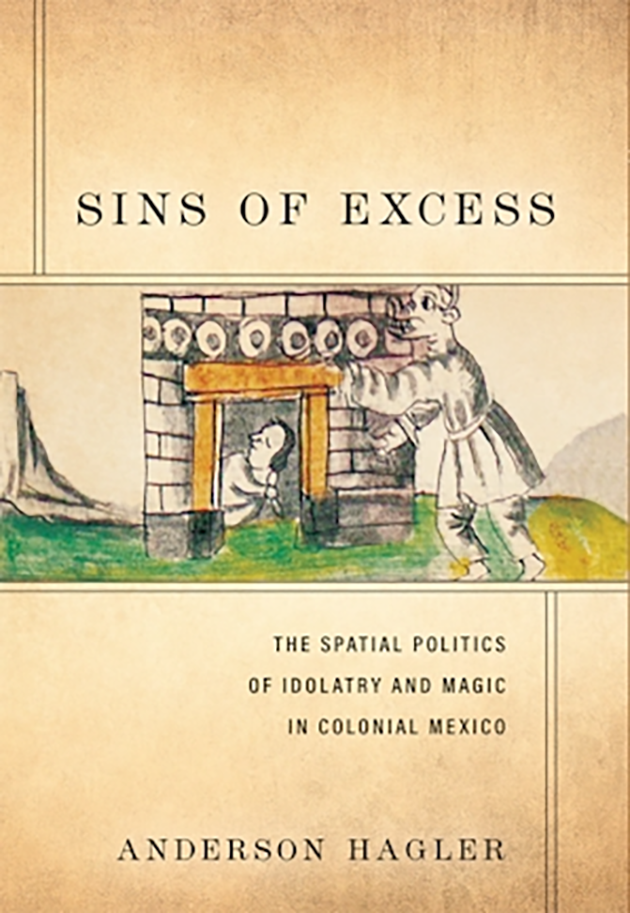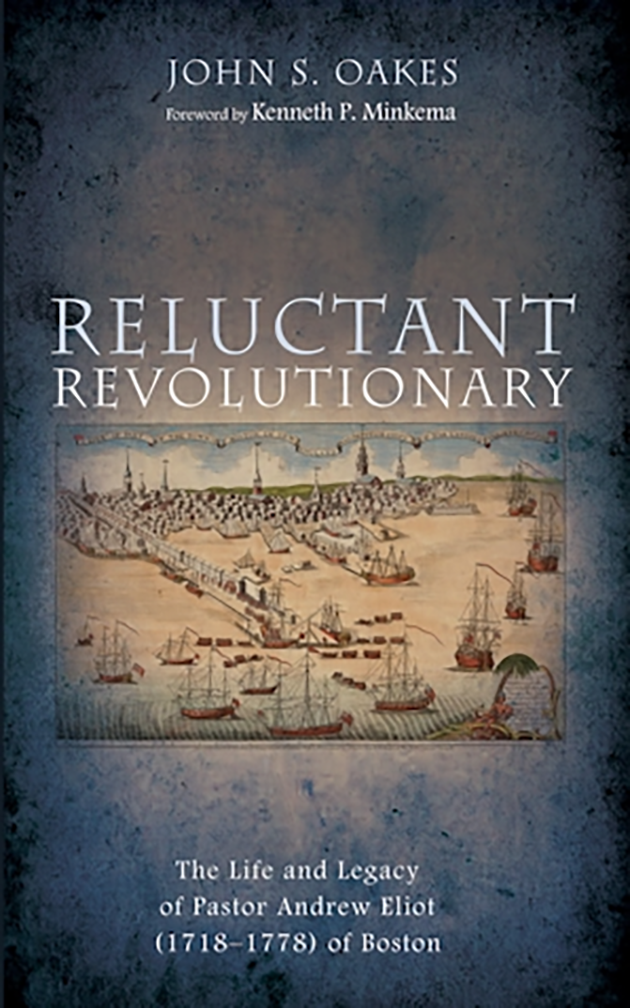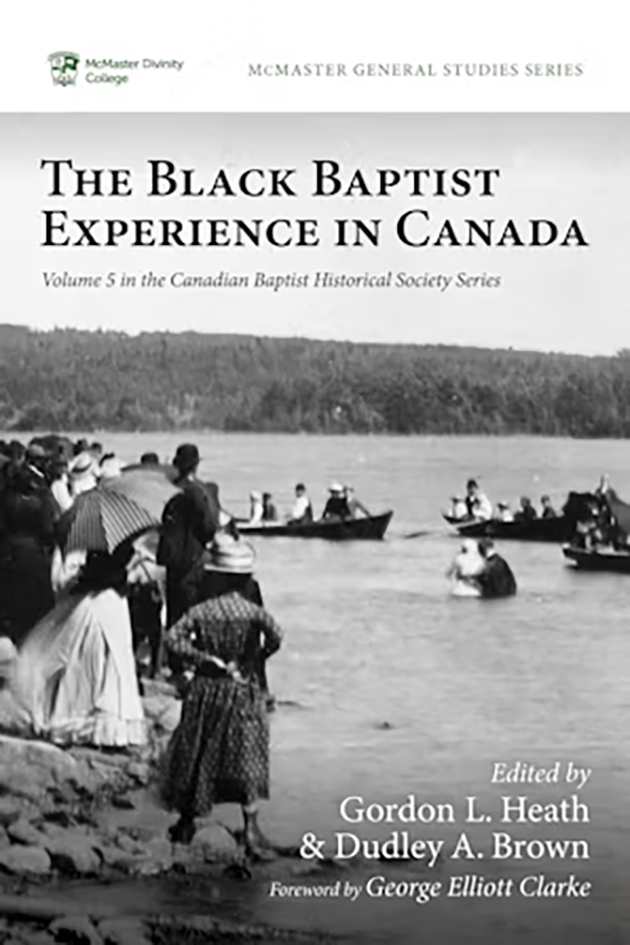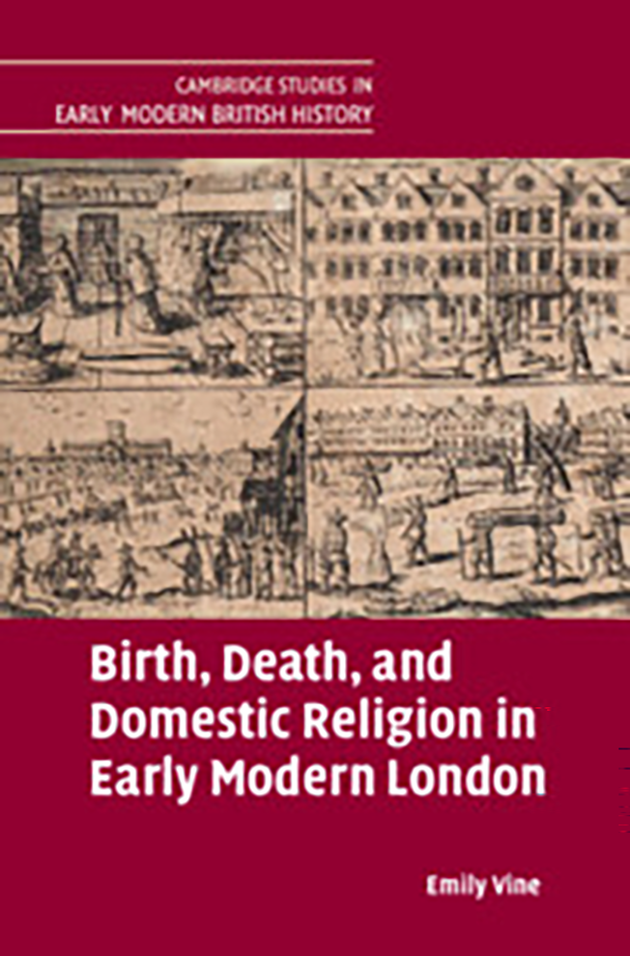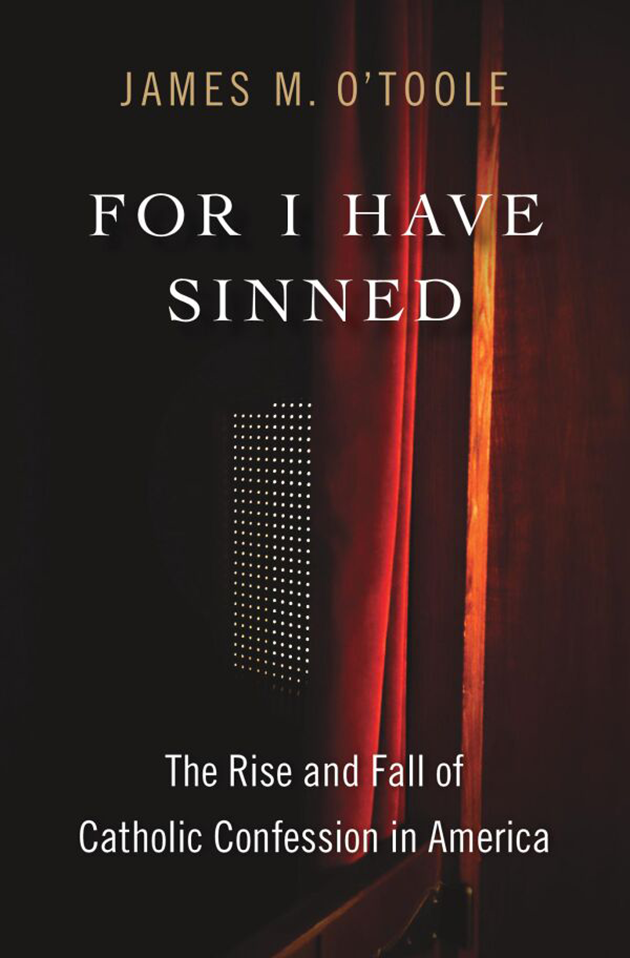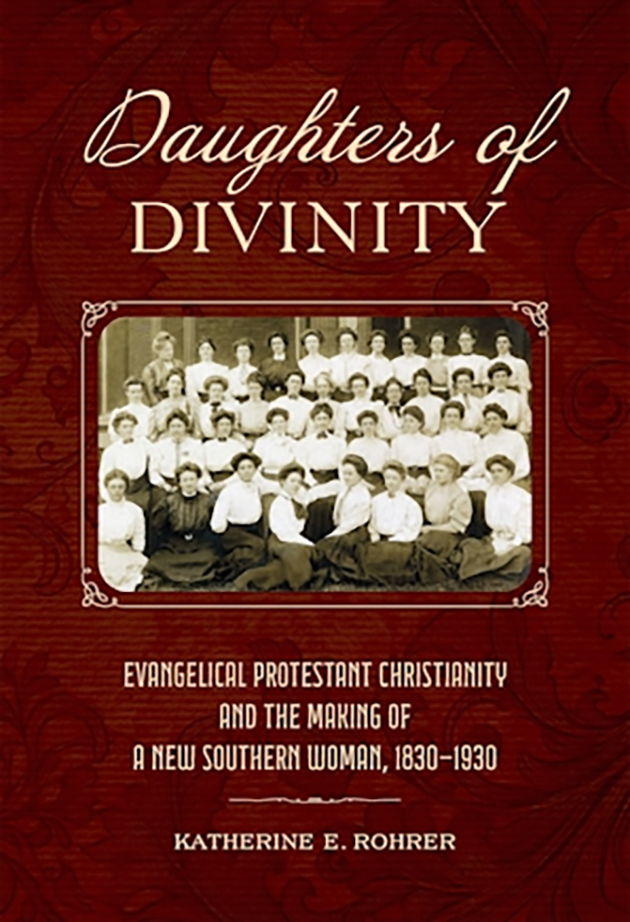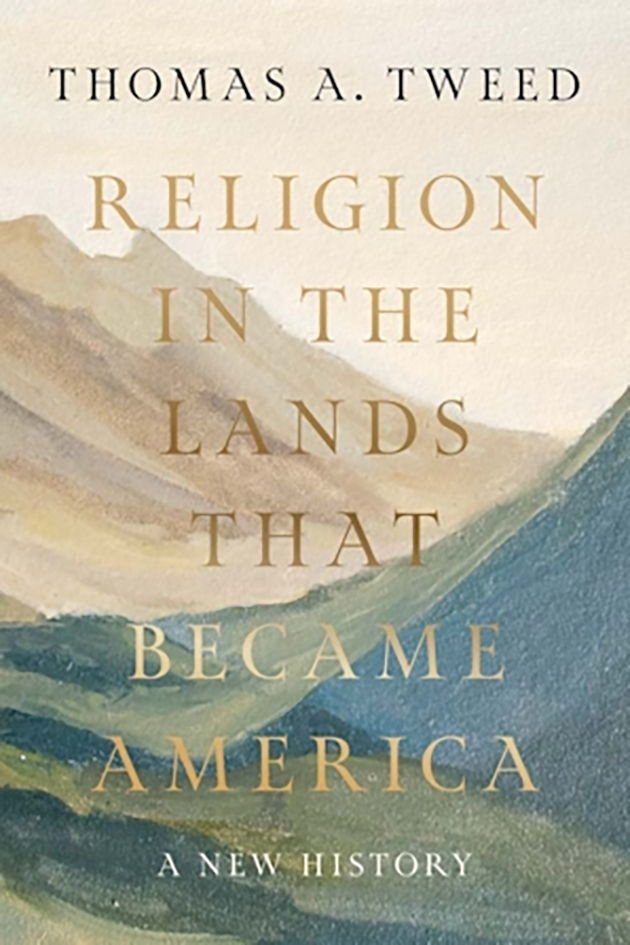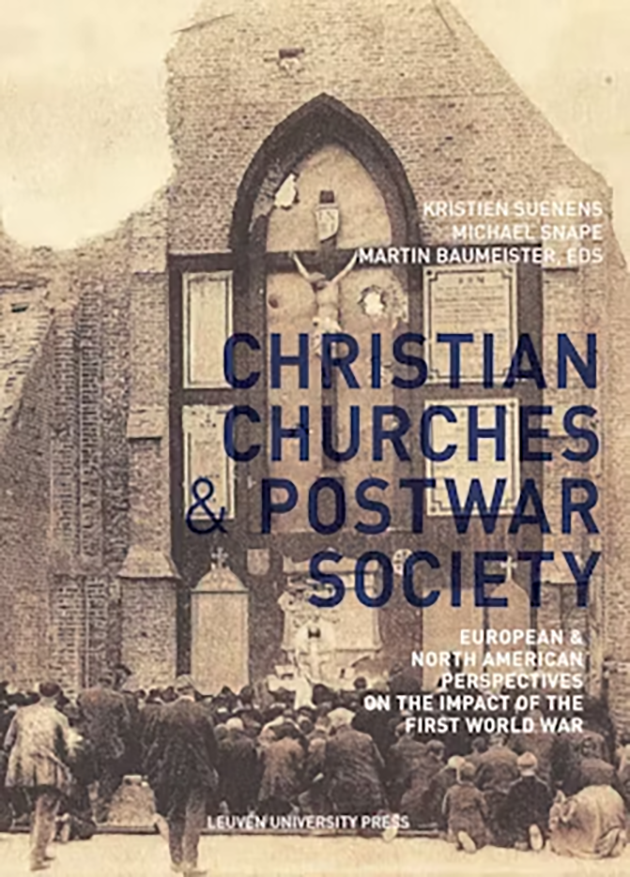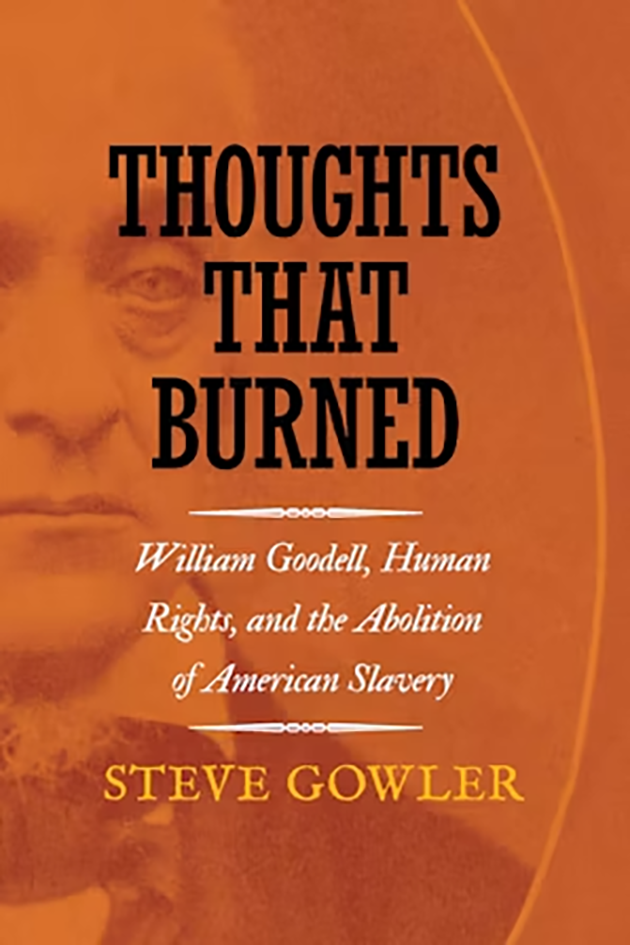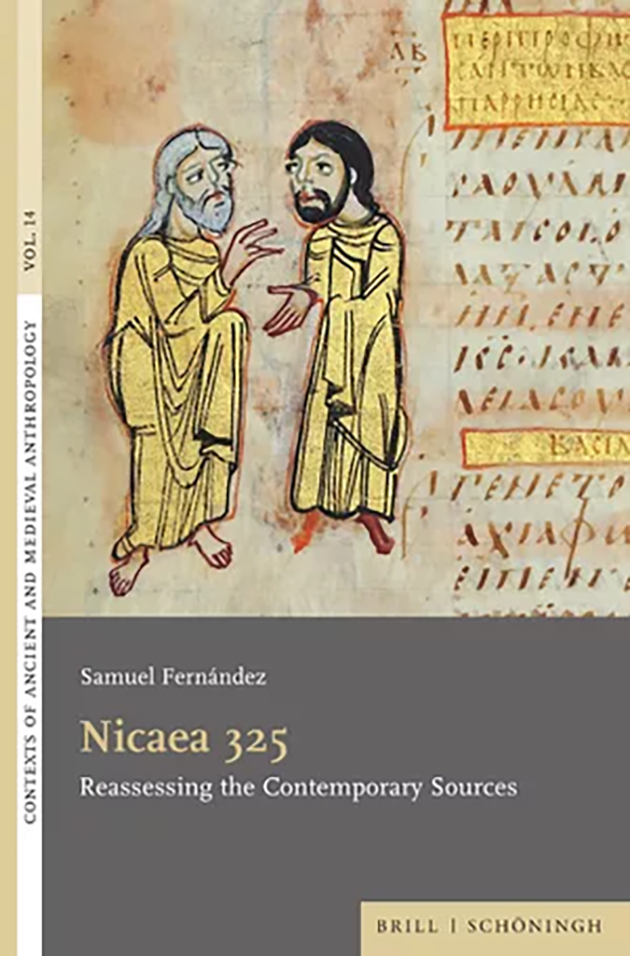Church History: Books of the Month
August 2025
Monthly Updates on Recent Books in the History of Christianity
To raise awareness of recent books in the history of Christianity, the editorial staff of Church History: Studies in Christianity and Culture highlights each month a list of 10-15 books in diverse periods and geographical regions that we hope will be of interest to our members. We include here below the 54th monthly list, chosen by our staff, with excerpts from the publishers’ blurbs.
Anderson Hagler, Sins of Excess: The Spatial Politics of Idolatry and Magic in Colonial Mexico, 2025
For the Spanish colonizers of Mexico in the sixteenth century, the concept of “excess”—even the word itself—covered a multitude of sins, including idolatry and magic. In Sins of Excess, Anderson Hagler uses the language of excess as a lens for examining how the colonizers of New Spain conflated cultural diversity into a superficially—and usefully—homogeneous whole under the pejorative umbrella of excess in its many forms. In this way, Hagler suggests, deploying excess and its derivatives influenced how Spanish colonists came to view the practices of the Indigenous population.
In the viceroyalty of New Spain descriptive terms such as “harms and excesses” (daños y excesos) not only referred to crimes like murder and robbery (muertes y robos) but also became generalized to refer to Native religious, social, or cultural practices that fell outside the boundaries of Catholic orthodoxy. A reading of royal decrees and ecclesiastical missives, commoner testimony from criminal cases, and the trials of the Mexican Inquisition reveals a calculated rhetorical strategy that gathered non-European social-cultural experiences into a negative category. Consequently, “excess” provides an analytical framework for understanding how colonial officials interacted with Indigenous peoples and those of African descent as they attempted to impose social order.
While primary sources in non-European languages such as Nahuatl reveal a similar preoccupation with excess, Hagler reveals in this insightful book how incongruities between Nahua and Spanish interpretations of the term extended through the colonial era and generated increasing conflict.
Jennifer Clement, Rhetoric, Persuasion, and Teaching the Emotions in the Early Modern English Sermon, 1600–1642, 2025
The early seventeenth-century English sermon was the bestselling print genre of its time, and church preaching was more widely attended than any play. Jennifer Clement argues here that a major aim of these sermons was to teach people how to feel the right emotions — or, as preachers would have said at the time, the passions or affections — to lead a good Christian life. In the process, preachers took a primarily rhetorical approach to the emotions; that is, they used their sermons to define emotions and to encourage their listeners and readers actively to cultivate and shape their emotions in line with Scripture.
This study offers an overview of five key emotions — love, fear, anger, grief, and joy – in the sermons of key preachers such as John Donne, Richard Sibbes, Joseph Hall, Launcelot Andrewes, and others. It shows how these preachers engaged with contemporary treatises on the emotions as well as treatises on preaching to highlight the importance of the rhetorical, as opposed to the humoral, approach to understanding the emotions in a religious context. In addition, Clement reads sermons next to early seventeenth-century religious poetry by writers such as Donne, George Herbert, Amelia Lanyer, and Henry Vaughan to show how the emotional concerns of the sermons also appear in the poetry, reverberating beyond the pulpit.
Bringing together rhetorical theory, sermon studies, and the history of the emotions, Clement shows how the early seventeenth-century English sermon needs to inform our thinking about literature and its engagement with emotion in this period.
John S. Oakes Reluctant Revolutionary: The Life and Legacy of Pastor Andrew Eliot (1718–1778) of Boston, 2025
Andrew Eliot (1718-1778) was one of the most prominent Boston leaders in the second half of the eighteenth century. As minister of one of the city's biggest churches, his was an important political as well as religious voice into the earliest years of the American War for Independence. But Eliot has often been neglected or misunderstood. In this first full biography, John S. Oakes draws on multiple sources to offer a fresh portrait of the Boston minister as: - a moderate but orthodox Calvinist who maintained a consistent witness at a time of theological turmoil - a prosperous family man who helped the lay the foundations for future generations of Eliots among the Boston "Brahmin" - a "reluctant revolutionary" whose devotion to Protestant British ideals prevented him from embracing the patriot cause in the War for Independence until hostilities were already under way - a dedicated pastor who was one of very few ministers to choose to endure the hardships of Boston under British occupation A cautious and irenic leader, Eliot also provides an outstanding example of a leader who proved able to maintain his personal integrity and a wide network of diverse connections, despite ministering in a highly polarized intellectual and political climate.
Gordon L. Heath and Dudley A. Brown, eds. The Black Baptist Experience in Canada, 2025
This groundbreaking book is a history of the Black Baptist experience in Canada. It includes diverse and informative chapters on events, themes, and organizations such as the underground railway, gender, architecture, literature, civil rights, empire, and associations. It also focuses on several key early churches from the West Coast to the East Coast, along with important personages such as Washington Christian, Jennie Johnson, David George, William White, William Troy, and William M. Mitchell.
Emily Vine, Birth, Death, and Domestic Religion in Early Modern London, 2025
Early modern London has long been recognised as a centre of religious diversity, yet the role of the home as the setting of religious practice for all faiths has been largely overlooked. In contrast, this study offers the first examination of domestic religion in London during a period of intense religious change, between the Gunpowder Plot of 1605 and the Gordon Riots of 1780. Emily Vine considers both Christian and Jewish practices, comparing the experiences of Catholics, Sephardi and Ashkenazi Jews, Huguenots, and conforming and nonconforming Protestants alike. Through its focus on the crowded metropolis as a place where households of different faiths coexisted, this study explores how religious communities operated beyond and in parallel to places of public worship. Vine demonstrates how families of different faiths experienced childbirth and death, arguing that homes became 'permeable' settings of communal religion at critical moments of the life cycle. By focusing on practices beyond the synagogue, meeting house, or church, this book demonstrates the vitality of collective devotion and kinship throughout the long eighteenth century.
James M. O'Toole, For I Have Sinned: The Rise and Fall of Catholic Confession in America, 2025
The remarkable story of how confession became a defining rite for American Catholics—and then, beginning in the 1970s, all but disappeared.
For generations, American Catholics went faithfully to confession, admitting their sins to a priest and accepting through him God’s forgiveness. The sacrament served as a distinctive marker of Catholic identity, shaping parishioners’ views of their relationship to God, their neighbors, and the wider world. But starting in the 1970s, many abandoned confession altogether. Focusing on the experiences of both laypeople and priests, James M. O’Toole reconstructs the history of confession’s steady rise—and dramatic fall—among American Catholics.
In the early United States, the Catholic Church grew rapidly—and with it, confession’s centrality. Although the sacrament was practiced unevenly for much of the nineteenth century, frequent confession became common by the early twentieth. Both priests and parishioners understood confession as a ritual crucial for the soul, while on a social level, it established Catholic distinctiveness within a largely Protestant country. Today, however, even faithful Catholics seldom confess. The reasons for this change, O’Toole reveals, include the emergence of psychology and other forms of counseling; the Church’s stance against contraception, which alienated many parishioners; and a growing sense of confession’s inability to confront social problems like structural racism, poverty, and sexism. Meanwhile, increasing recognition of sexual abuse within the Church further undermined trust in clergy as confessors.
Sensitively attuned to the historical importance of confession,
For I Have Sinned also suggests that, if the sacrament no longer serves the needs of US Catholics, the Church and its members might find new ways to express their ideals in the twenty-first century.
Katherine E. Rohrer, Daughters of Divinity: Evangelical Protestant Christianity and the Making of a New Southern Woman, 1830-1930, 2025
Katherine E. Rohrer’s Daughters of Divinity tells the story of how well-educated white women of the South used evangelical Protestant Christianity as an instrument to expand their intellectual and professional capacities as well as their agency and influence at home and throughout the world between 1830 and 1930.
Thomas A. Tweed, Religion in the Lands That Became America: A New History, 2025
A sweeping retelling of American religious history, showing how religion has enhanced and hindered human flourishing from the Ice Age to the Information Age.
Until now, the standard narrative of American religious history has begun with English settlers in Jamestown or Plymouth and remained predominantly Protestant and Atlantic. Driven by his strong sense of the historical and moral shortcomings of the usual story, Thomas A. Tweed offers a very different narrative in this ambitious new history. He begins the story much earlier—11,000 years ago—at a rock shelter in present-day Texas and follows Indigenous Peoples, African Americans, transnational migrants, and people of many faiths as they transform the landscape and confront the big lifeway transitions, from foraging to farming and from factories to fiber optics.
Setting aside the familiar narrative themes, he highlights sustainability, showing how religion both promoted and inhibited individual, communal, and environmental flourishing during three sustainability crises: the medieval Cornfield Crisis, which destabilized Indigenous ceremonial centers; the Colonial Crisis, which began with the displacement of Indigenous Peoples and the enslavement of Africans; and the Industrial Crisis, which brought social inequity and environmental degradation. The unresolved Colonial and Industrial Crises continue to haunt the nation, Tweed suggests, but he recovers historical sources of hope as he retells the rich story of America’s religious past.
Kristien Suenens, Michael Snape and Martin Baumeister, eds. Christian Churches and Postwar Society: European and North American Perspectives on the Impact of the First World War, 2025
This volume examines the role of Christian churches in Europe during the often-overlooked postwar period (ca. 1918–ca. 1925), enriching our understanding of the enduring influence of religion in the aftermath of conflict. Taking a multinational, multidenominational, and multidimensional perspective, the essays explore the complex religious landscapes of postwar Europe, the resilience of ecclesiastical networks, and the transnational loyalties connecting Europe and North America. By highlighting the enduring vitality of faith and religious institutions, this study provides fresh insights into the evolving roles of churches, religious movements, and communities. Together, the essays shed light on the broader religious landscape of postwar Europe and provide an invaluable resource for understanding the lasting impact of religion in a transformed world.
Contributing authors: Jan Bank (University of Leiden), Christian Chanel (Lyon II University)
Daiana Menti (Ca' Foscari University Venice), Xavier Boniface (Université de Picardie Jules Verne), Kristien Suenens (KADOC-KU Leuven), Tomáš W. Pavlíček (Masaryk Institute and Archives of the Czech Academy of Sciences), Jan-Martin Zollitsch (Humboldt-Universität zu Berlin), Bethany Rowley (independent researcher), Laura Viktoria Huth (University of Leipzig), Daniel Maul (University of Oslo), Michael Snape (Durham University)
Steve Gowler, Thoughts That Burned: William Goodell, Human Rights, and the Abolition of American Slavery, 2025
In Thoughts That Burned, Steve Gowler showcases the life of William Goodell, one of the most significant leaders of the antebellum antislavery movement.Between 1826 and 1864, Goodell edited more than a dozen reform newspapers and played a leading role in the formation of several organizations, including the American Anti-slavery Society, the Liberty Party, the American Missionary Association, and the Radical Abolition Party. His 1852 book Slavery and Anti-slavery was the first comprehensive history of the antislavery movement written by an American.
Convinced that the logic of slavery needed to be investigated and laid bare, Goodell explored the institution's deep structures. Whereas many abolitionists based their arguments on the inhumane consequences of enslavement, Goodell analyzed the legal and psychological relations constituting the slave system. At the heart of this analysis was his close reading of Southern slave codes and of the United States Constitution. He argued that the Constitution, properly understood, is incompatible with slavery and should be used as an instrument of emancipation. Among those influenced by his constitutional hermeneutic was Frederick Douglass, who described Goodell as the man "to whom the cause of liberty in America is as much indebted as to any other one American citizen." Thoughts That Burned is the first comprehensive biography of this extraordinary thinker, whose powerful political and theological arguments grounded abolition within the concept of human rights.
Samuel Fernández, Nicaea 325: Reassessing the Contemporary Sources, 2025
The Council of Nicaea is a fundamental milestone in the development of Christian theology and, consequently, a significant factor in shaping Western culture. In the context of a new relationship with the Roman Empire, an intense theological controversy led to the convening of the Council of Nicaea (325), the first ecumenical council. The sources describing this event served as a rich resource for theologians and historians from antiquity to the present day. Athanasius was the first to propose a comprehensive account of this episode, which became the “master narrative”. However, the fragmentary, biased, apologetic, and polemical nature of these sources and their interpretations gave rise to accounts that are not only divergent but often incompatible. This book proposes a re-reading using a precise method: prioritizing contemporary documents over the “master narrative” established by Athanasius, enriched by ancient historians, and developed by later historiography.
Finally, for staying up-to-date on the latest titles in all fields, we recommend regularly perusing New Books Network and its "New Books in Christian Studies” page. These pages are updated regularly.
